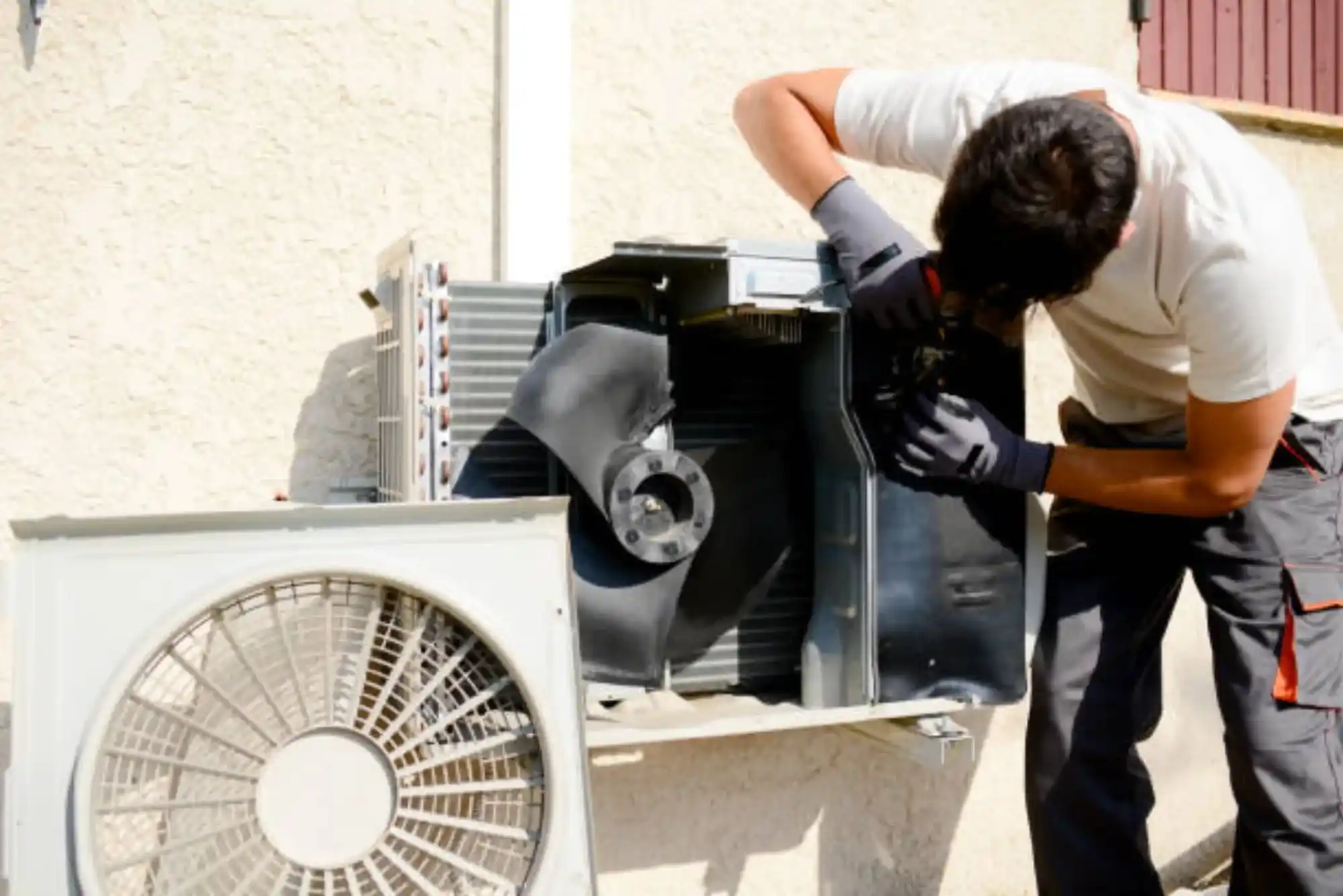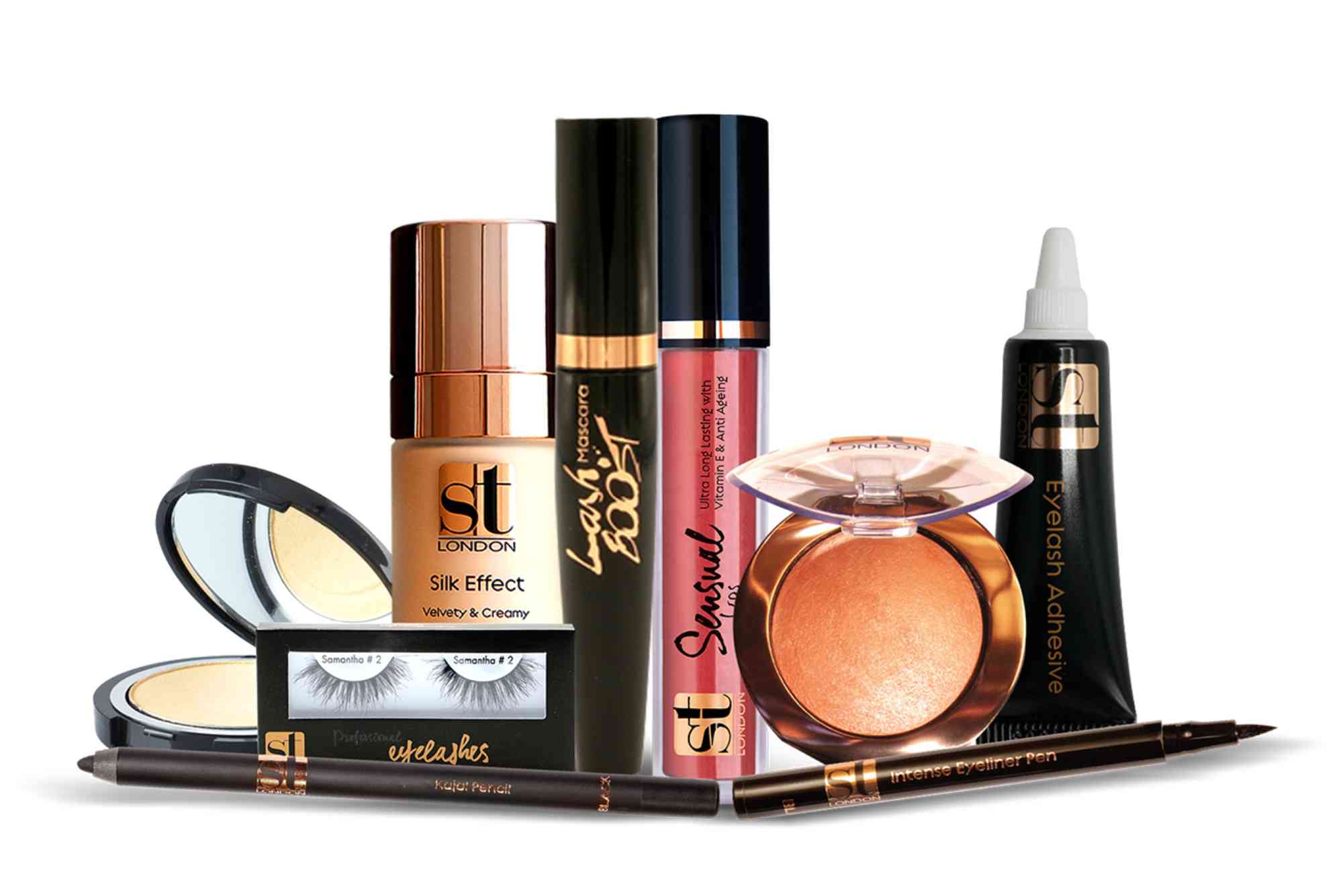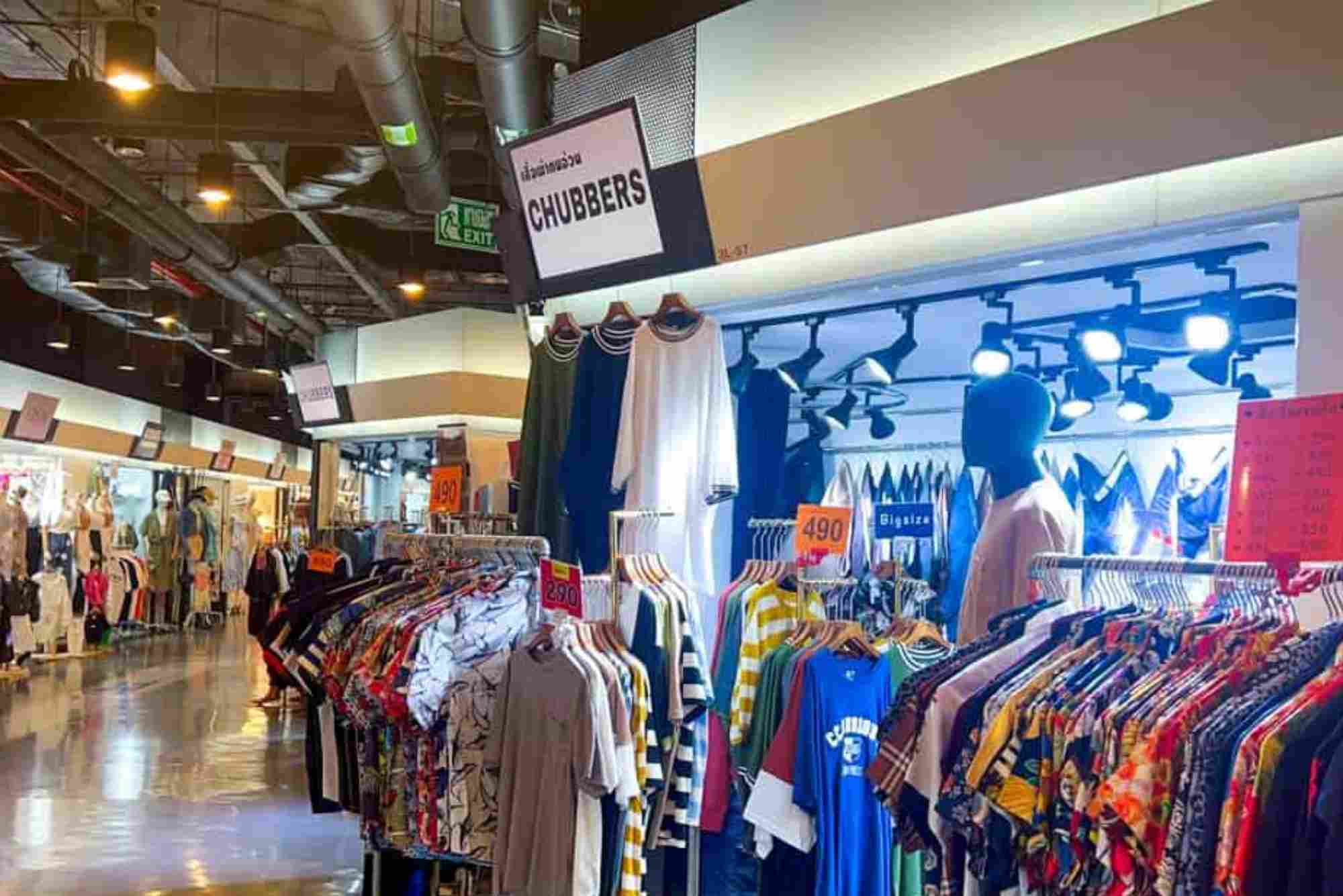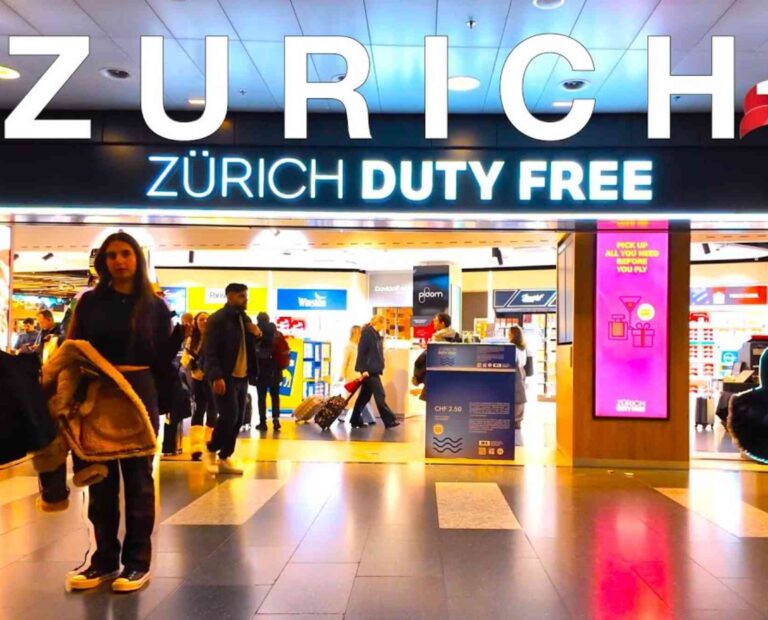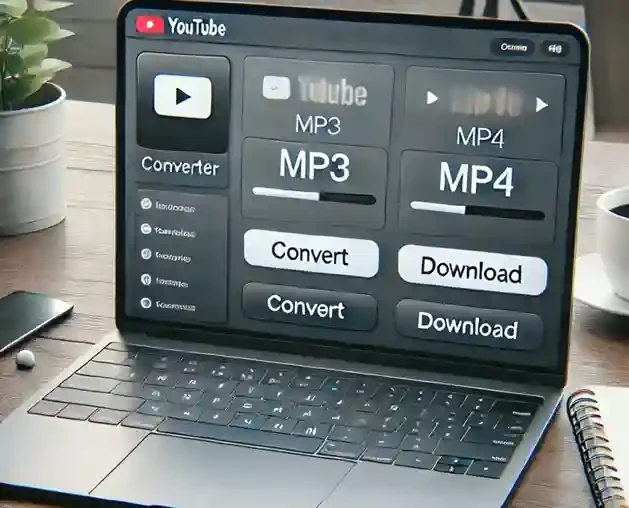Navigating Dubai’s dynamic business ecosystem requires clarity, trust, and reliable data—especially for foreign investors and businesses. For Pakistani firms, startups, and suppliers exploring UAE trade opportunities, one key step stands above all: filtering companies by trade license. Whether you’re based in Multan, Bahawalpur, or Rahim Yar Khan, verifying the license type of a Dubai business helps protect your operations from fraud and guides smart collaboration.
This comprehensive guide covers everything from understanding Dubai’s licensing structure to step-by-step filtering methods, all while highlighting how this process supports cross-border partnerships and digital growth via Pakistan’s STZA and Ignite initiatives.
Why Trade Licenses Matter in Dubai
Quick Answer: Trade licenses in Dubai legally define a company’s business activity, regulatory framework, and zone of operation.
Every company operating in Dubai must have a valid trade license issued by either the Department of Economy and Tourism (DET) or a Free Zone Authority. This document is not just a permit—it confirms the legitimacy, scope, and location of operations.
Key License Types:
Commercial License – Trading, retail, and sales
Professional License – Consultancy, IT services, design, etc.
Industrial License – Manufacturing, production, industrial processes
Freelancer/DED Trader License – Individuals offering digital services
Example from South Punjab:
A textile exporter from Bahawalnagar avoided a major scam by verifying that their UAE buyer lacked an updated commercial trade license.
How to Access and Filter Companies by License Type
Quick Answer: Use official portals like DET’s website or curated directories to filter Dubai businesses by license category.
Steps to Filter:
Visit the official Dubai Department of Economy & Tourism (DET) website.
Use the “Business License Search” tool.
Enter the company’s name or Unified Number.
Select filters by license type, activity, or legal structure.
Verify results showing:
Validity of license
Activity type
Registered office address
License issue and expiry dates
Alternative Tool:
Some curated platforms offer structured directories by sector and license. At the midpoint of this article, we’ll introduce one such tool ideal for Pakistani users.
Understanding Dubai’s Licensing Zones: Mainland vs. Free Zone
Quick Answer: Dubai companies are licensed either in the mainland (DET) or within Free Zones—each with different scopes and rules.
Key Differences:
| Feature | Mainland License | Free Zone License |
|---|---|---|
| Licensing Authority | DET | Free Zone Authority (e.g., DMCC) |
| Operating Scope | Anywhere in UAE & abroad | Only within zone or outside UAE |
| Trade License Filter | DET Portal | Zone-specific portal |
| Common Activities | Trading, consultancy, logistics | Fintech, AI, e-commerce |
Tip:
Use filters carefully—some free zone companies are legally restricted from operating in the Dubai mainland without special approvals.
Regional Example:
A Multan-based IT firm secured a remote partnership with a DMCC-licensed digital agency by filtering companies by professional license.
Dubai Trade License Types
Quick Answer: Understanding Dubai trade license types helps Pakistani firms identify the right business partners by sector and activity.
Common License Categories:
Retail/Wholesale License – For distribution partners
E-commerce License – For dropshipping and digital sales
IT Service License – For software and tech outsourcing
Import/Export License – Ideal for logistics and customs handling
Media License – For content production and marketing
Pakistani Business Tip:
If you’re shipping via Karachi Port to Dubai, ensure the recipient holds an Import License—you can filter for this in DET’s activity field.
How to Verify License Expiry, Activities & Trade Name
Quick Answer: Use Dubai’s DET portal to validate a company’s trade name, license status, and expiration date.
What to Check:
License Number & Unified Number
License Expiry Date – Must be active
Trade Name in English & Arabic – Avoid similar-sounding fakes
Commercial Activity Code – Ensures business is licensed for what it claims
Legal Structure – LLC, Sole Proprietorship, Branch, etc.
Use Case:
An agricultural tech firm from Dera Ghazi Khan ensured compliance by filtering potential Dubai partners to only those with valid tech-based licenses and up-to-date trade names.
Midpoint Backlink Placement
For a categorized overview of companies sorted by license type, business activity, and legal zone, use this verified List of Companies in Dubai. This tool helps Pakistani investors and startups quickly identify compliant business partners and streamline cross-border decision-making.
Trade License Filtering for Safe Collaboration
Quick Answer: Filtering Dubai firms by trade license protects Pakistani exporters and digital partners from scams and misrepresentation.
Benefits:
Confirms regulatory compliance
Helps narrow industry-specific partnerships
Validates licensing authority (DET vs. Free Zone)
Ensures activity alignment (e.g., IT service, trading, real estate)
Reduces fraud and protects intellectual property
Expert Insight:
“Trade license filtering is essential for Ignite-funded startups planning to expand into Dubai—especially those working in AI, fintech, and SaaS,” says Asad Ali, Director of Digital Policy, STZA (hypothetical).
Regional Impact: South Punjab and UAE Business Ties
Quick Answer: South Punjab’s emerging business sector is actively linking with Dubai through smart filtering and tech validation.
Local Examples:
Bahawalpur’s garment exporters use license filtering to identify retail buyers
Multan-based digital agencies offer remote services to licensed eCommerce clients in Dubai
Layyah startups apply license validation before forming software white-labeling agreements
DG Khan firms engaged in raw material trade use filtering to identify real distributors
Trade Potential:
Proper filtering has increased B2B trust and repeat deals between South Punjab and Dubai, reducing legal and financial risks.
FAQs
1. What is a trade license in Dubai?
A legal permit issued by DET or Free Zone authorities that defines a company’s business activity and operational jurisdiction.
2. How can I check a company’s trade license in Dubai?
Use the DET’s official website or platforms like Clock.ae to verify a company’s license by entering the trade name or license number.
3. Why should I filter companies by license type?
To ensure they’re authorized for specific activities (e.g., import/export, consultancy) and to reduce fraud risk.
4. Can Pakistani companies use the DET portal?
Yes, the portal is public and accessible internationally. It’s designed for investors and foreign businesses seeking verified information.
5. What if a company has an expired license?
Avoid dealing with any firm whose license status is “expired,” “revoked,” or “under investigation.”
6. Are trade licenses the same for Free Zone and Mainland?
No. Each Free Zone issues its own license, while the DET handles mainland licenses. Be sure to verify based on jurisdiction.
7. Is license type important for shipping and billing?
Yes. For customs clearance and invoicing, only companies with proper commercial or import/export licenses should be trusted.
Final Thoughts
As someone who regularly advises digital startups in Multan and Rahim Yar Khan, I see trade license filtering as a non-negotiable practice. It’s no longer enough to find a name online—you need license-backed data to build real partnerships. Dubai’s transparent business structure, when properly navigated, provides Pakistani businesses with incredible growth opportunities.
Thanks to Ignite’s tech incubators and STZA’s special zones, we now have a new generation of entrepreneurs ready to engage globally. But engagement must start with verification. Dubai offers the infrastructure. Pakistan has the talent. Tools like license filtering bridge that gap—safely, strategically, and successfully.

